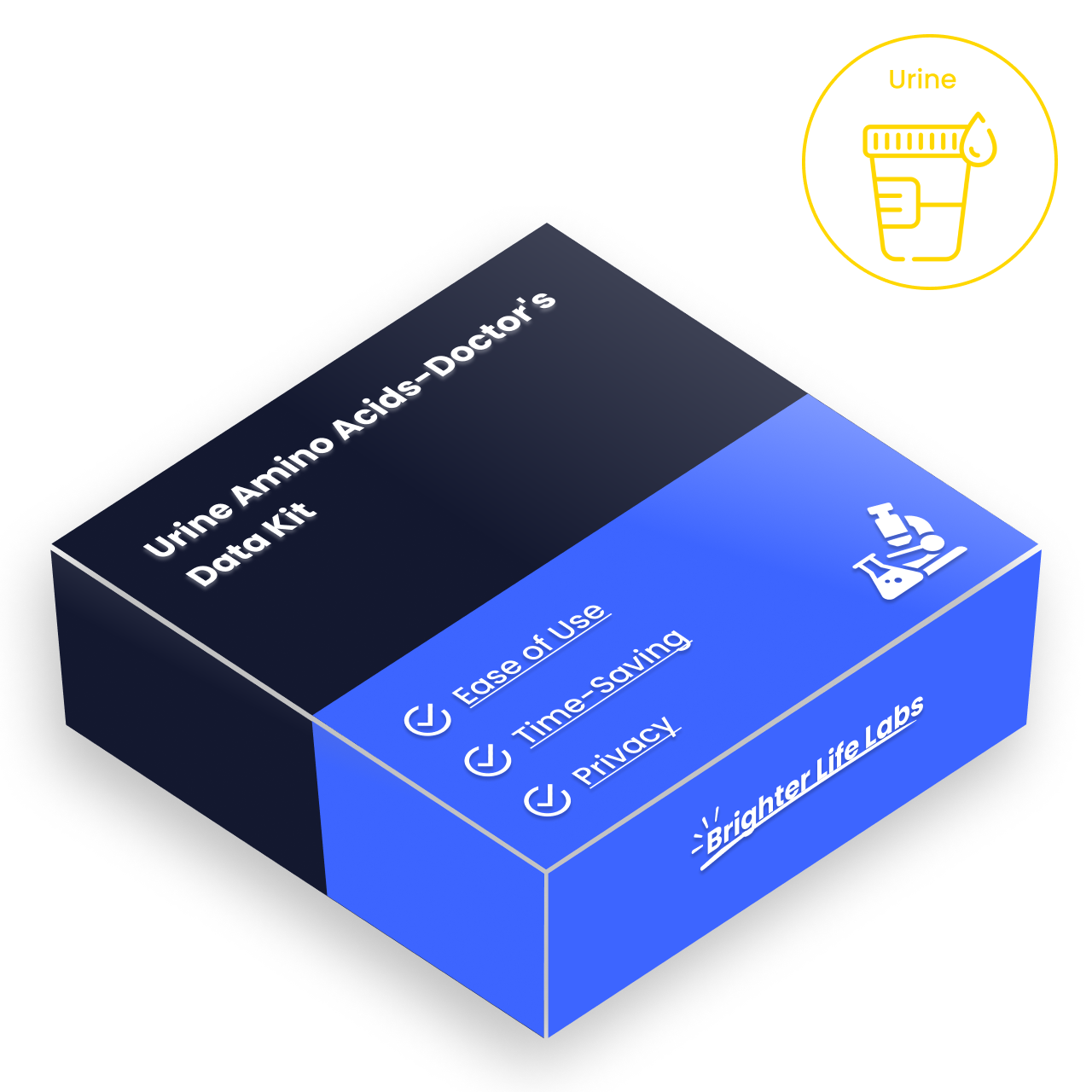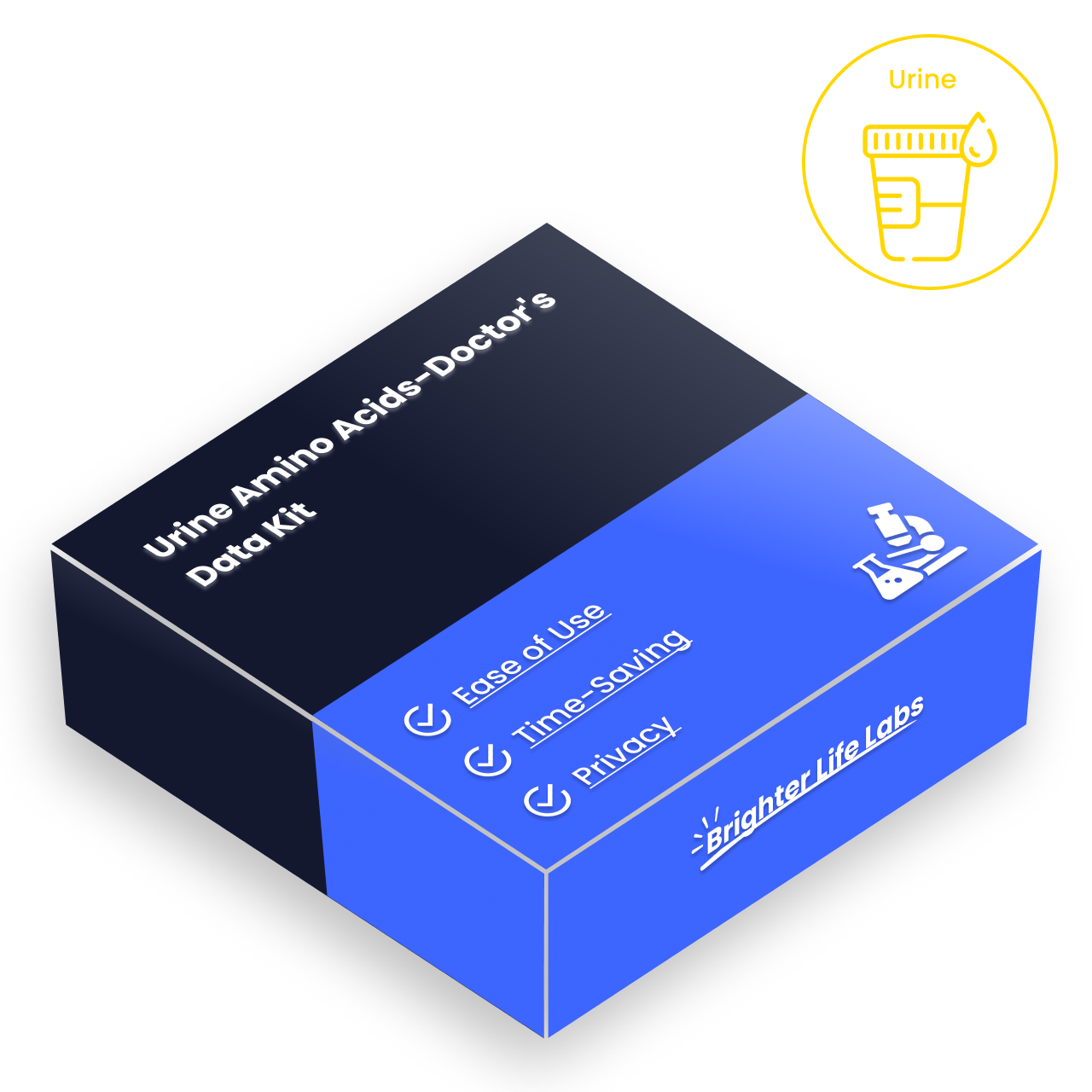1
/
of
1
Doctor's Data
Urine Amino Acids-Doctor's Data Kit
Urine Amino Acids-Doctor's Data Kit
Regular price
$345.00 USD
Regular price
Sale price
$345.00 USD
Unit price
/
per
Shipping calculated at checkout.
Couldn't load pickup availability
Note: This is a home collection test kit that will be mailed to you.
Fasting Required:
No
Lab:
Doctor's Data
Specimen:
Urine
Results:
Average processing time 7-10 business days
Note: Result turnaround times are an estimate and are not guaranteed. Our reference lab may need additional time due to weather, holidays, confirmation/repeat testing, or equipment maintenance.
Special Instructions:
Specimen must be frozen for a minimum of 6 hours prior to shipment. The test requires no special diet but if you are taking antibiotic medications, please finish the course of medication, and then wait 48 hours before starting this collection. Please refrain from taking non-essential medications or dietary supplements 48 hours prior to and during the specimen collection, unless otherwise instructed by your physician. Female patients should not collect urine during a menstrual period.
Description:
Amino acids, known as the "building blocks" of proteins, are found in every tissue of the body. They play a major role in nearly every chemical process that affects both physical and mental function. Healthy kidneys efficiently conserve crucial amino acids. Many individuals have "hidden" impairments in amino acid metabolism that are problematic and often go undiagnosed. Amino acid analysis provides fundamental information about nutrient adequacy, including the quality and quantity of dietary protein, digestive disorders, and vitamin and mineral deficiencies—particularly folic acid, B12, B6 metabolism, zinc and magnesium. In addition, amino acid analysis provides important information about hepatic and renal function, availability of precursors of neurotransmitters, detoxification capacity, susceptibility to occlusive arterial disease (homocysteine), and many inherent disorders in amino acid metabolism. The urine amino acid analysis has the highest probability of detecting abnormalities if kidney function is normal. The 24-hour test indicates what is high and low over the course of a day, reflects blood and tissue amino acid pools, and is not affected by the 24-hour rhythm. Therefore, urine levels of amino acids decrease first and tend to give an earlier indication of inadequacy than do plasma levels.
Share


